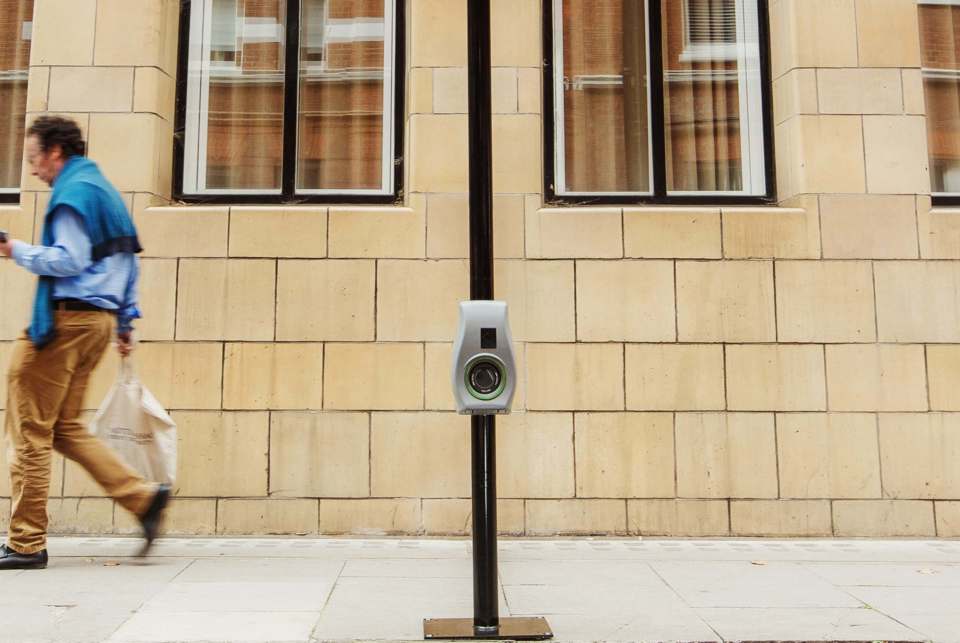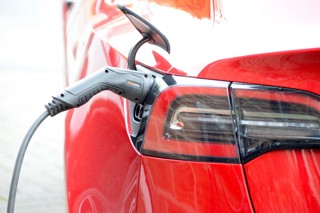New research indicates that affordable and easy-to-access electric vehicle (EV) charge points will need to be installed on virtually every residential street across the UK.
In a new report published today (Tuesday, March 22), industry leaders – including experts from EY, UKPN, Motability, Mitie Group and Connected Kerb – have unanimously called for a step-change in the ambition of the UK’s EV charging rollout to deliver the 2030 ban on new petrol and diesel cars.
‘How to meet the UK’s EV charging needs by 2030’, published by EV charging infrastructure company Connected Kerb, draws on new consumer research and insights from 11 industry-leading experts.
It outlines what national and local government, investors, developers, and charging point providers must do to ensure the UK is able to deliver ubiquitous, affordable and easy-to-access charging points for all.
“Solving the EV charging challenge is absolutely fundamental to achieving a cleaner, and fairer transport future,” said Chris Pateman-Jones, CEO of Connected Kerb.
“There is an opportunity ahead of us to make a real and positive impact, reducing UK transport emissions, whilst positioning the UK as a world leader on EVs.
“Our report highlights the need for a collaborative approach between different stakeholders within the industry and identifies a roadmap to ensure the UK’s charging infrastructure is fit for purpose, ready to unlock a future of zero-emission transport.”
EV registrations were up 154% year-to-date in February compared to Februuary last year. However, public EV charging is not keeping pace, according to Connected Kerb, with the ratio of EV charge points to plug-in cars deteriorated by 31% during 2020 alone.
This puts Britain’s current ratio (16:1) behind other countries including South Korea (3:1), the Netherlands (5:1), France (10:1), Belgium and Japan (both 13:1).
While rapid and ultra-rapid charging is developing well in public spaces such as car parks and motorway service stations, new consumer research released as part of the report indicates that the demands of drivers require affordable and easy-to-access chargers to be installed on virtually every residential street across the UK.
Overall, 80% of respondents say that reliable and affordable chargers located where their car is parked while at home is “essential” or “very important” to their decision on switching to an EV.
Yogesh Patel, innovation director at Eurovia UK and contributor to the report, said: “Local authorities need to think bigger and longer term.
“We need to act at pace, and at scale. Thinking in the hundreds and thousands to meet local demand and future needs, rather than the much smaller numbers currently being delivered.”
Pateman-Jones concluded: “The industry is migrating from early adopters, tolerant of patchy performance, to a mass market of mainstream drivers that rightly expect consistent high performance.
“This demands a radical change of mindset amongst national and local government, investors, developers, and charging point providers.
“We believe this report will help galvanise action across the industry to deliver a comprehensive and equitable EV transition.”
























Login to comment
Comments
No comments have been made yet.